Benchmarking Service Effectiveness

Benchmarking with paediatric peers is one of the important tools available to health service leaders seeking to assess and improve the quality, safety and effectiveness of care delivered to children, young people and their families.
To help member services gauge the effectiveness of their children’s services, CHA offers members the opportunity to participate in a benchmarking service that measures a wide range of agreed indicators.
Safety & Quality of Care
One group of indicators CHA reports on relate to Hospital Acquired Complications or HACs. These are outcomes that can negatively affect the health or wellbeing of children that arise during the course of their receiving healthcare. Examples include gaining an infection while in hospital that the child did not have when they were first admitted, or receiving the wrong type or dose of a medicine, or gaining a pressure injury from a nasogastric tube.
While all CHA member services work hard to prevent HACs from occurring, sometimes they are unavoidable. CHA helps members to share data about the frequency and types of HACs that are occurring, and to share information, strategies & resources aimed at reducing the risk of HACs in the future.
Access to and experiences of care
A second group of indicators CHA reports relate to patient access to and experiences of care. How often did patients have to wait longer than clinically recommended for access to emergency care, elective surgery or an Outpatient consultation? How often did they require an unplanned admission overnight following a day procedure? How many children needed to return to the same service within 28 days for the same reason as their first stay?
CHA Dashboard indicators are developed and agreed in consultation with our members to help monitor both clinical effectiveness and efficiency. The indicators allow service managers to pinpoint areas of their service’s performance that may warrant further investigation or action.
Data is presented in an easy to interpret format which allows individual members to:
- assess performance relative to peers
- identify priority areas for performance improvement
- evaluate any improvement processes they implement
- track trends over time for specific indicators.
Comparative workloads and resourcing
A third group of indicators CHA provides Benchmarking data on relates to the extent and skillmix of peadiatric teams in relation to various proxies for workload, such as overall demand for care (patient numbers), the complexity of the patients, or the occupied bed days.
Workforce data is complex to collect and compare given the unique context in which each peadiatric service operates, as well as differences in models of care and in the skills and expertise of different members of the healthcare team. There are also different ways in which health services capture and describe their workforce data. Nevertheless CHA has been able to generate some meaningful comparative tools that are helping members to have productive conversations about different models of care and innovations in skillmix within teams.

